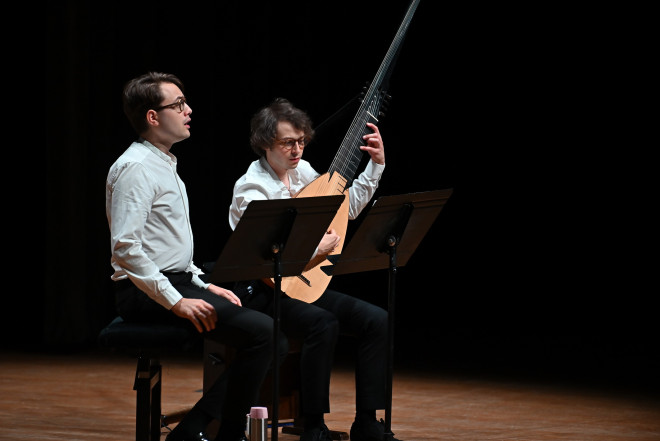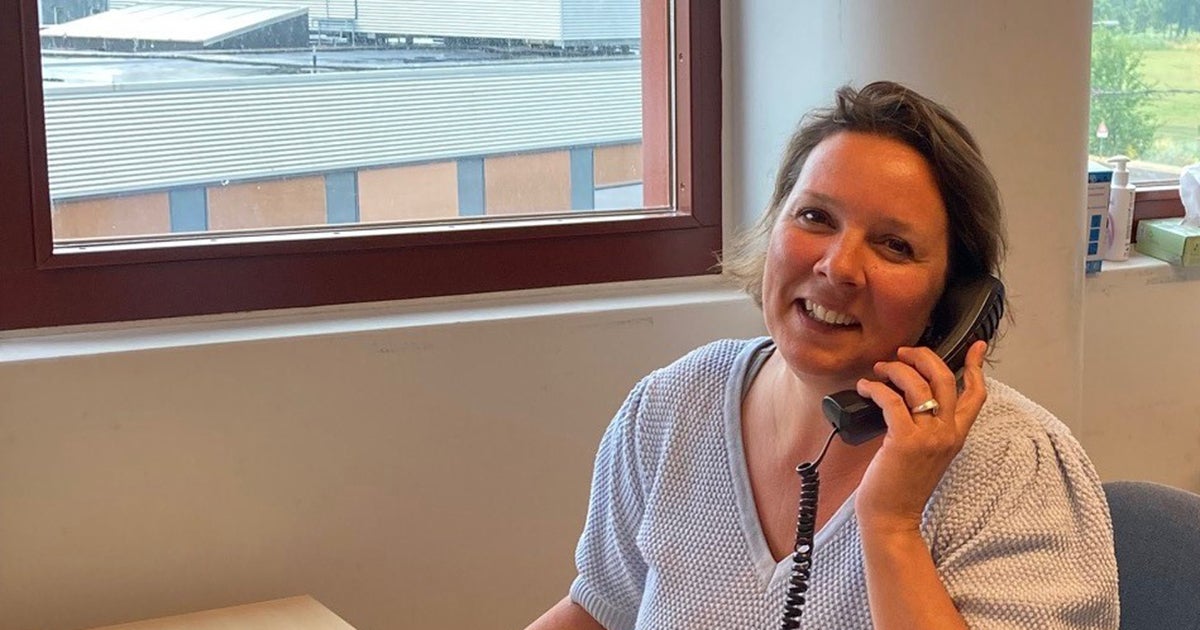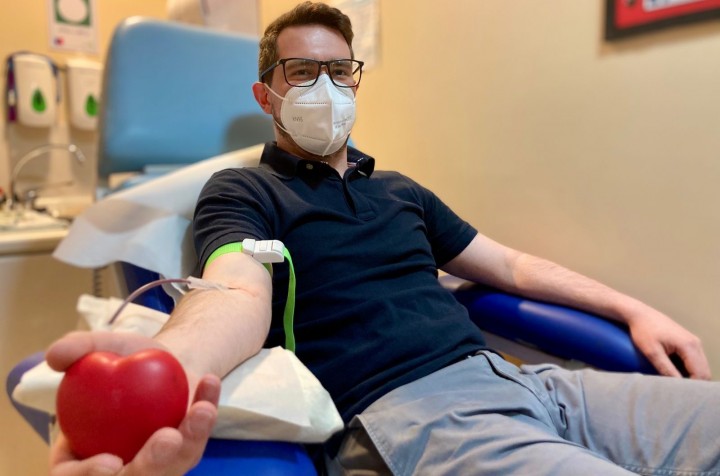Counter-tenor William Shelton accompanied by theorbist Léo Brunet brings to life some outstanding female figures of Venetian Baroque music of the 17th and 18th centuries, through an educational concert retracing the life of composer Antonia Bembo.
It is likely that few people (apart from our readers), even among lovers of baroque music, have ever heard the name of Antonia Bembo, opera singer and Italian composer born in Venice around 1640. A pupil of Francesco Cavalli, she became first known in Italy, then in France where she flees her violent and debauched husband. She lived there until her death around 1713. In front of the audience at the Corum de Montpellier, William Shelton and Léo Brunet retrace the biography of this not-so-atypical woman: before her, there was Barbara Strozzi (also a pupil of Cavalli) and Maddalena Casulana (first published composer in the West). The two young artists are also rediscovering them, with the master Francesco Cavalli and Francesco Corbetta, one of the greatest guitarists of his time.
William Shelton lends his singing to these forgotten pages of Baroque music. Her voice is clear, airy, barely vibrating. The round timbre in the medium is refined in the treble in a crystalline sound. Its bass is sonorous, velvety, deposited with support by touching the chest voice. He vocalizes with agility, in the baroque manner, detaching the notes with slight jerks of the diaphragm. To this technical skill he adds expressiveness, stretching out his notes with melancholy languor. His voice lends itself perfectly to these pieces of musical goldsmithery, while the technicality goes unnoticed and he brings out all the emotion.

The agreement is obvious between the two young musicians. Léo Brunet distills the accompaniment with theorbo or the baroque guitar. His playing is methodical and of a rare richness of sonority, making distinctly heard the notes of the basso continuo plucked on the strings of the theorbo. With humour, he presents Francesco Corbetta (who probably helped Antonia Bembo to leave Italy and would have presented her to the court of Versailles), comparing his music to that of the guitarists of the 1970s. He gives proof of this by interpreting the virtuoso “Caprice de Chaconne”, piece of musical pyrotechnics.

Very different from the Cathedral of the Holy Cross of the Armenians in Paris where this program was offered shortly before as part of the European Festival for Young Talents, the very clear acoustics and without reverberation of the Pasteur room, due to its architecture in wood and granite, additionally makes particular music crystal clear.

Also surprising given the repertoire (unknown baroque pieces) and the schedule (the concert takes place at 12:30 p.m.), the vast auditorium is practically full, causing the two young musicians to resound with applause. The latter show their gratitude by giving an encore of a song by contemporary Venetian composer Marina Valmaggi, thus making the link between past and present of female creation.

–


